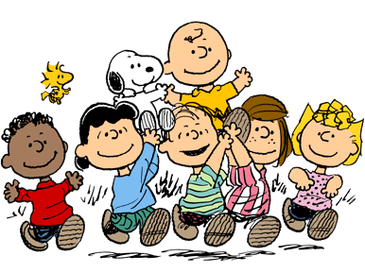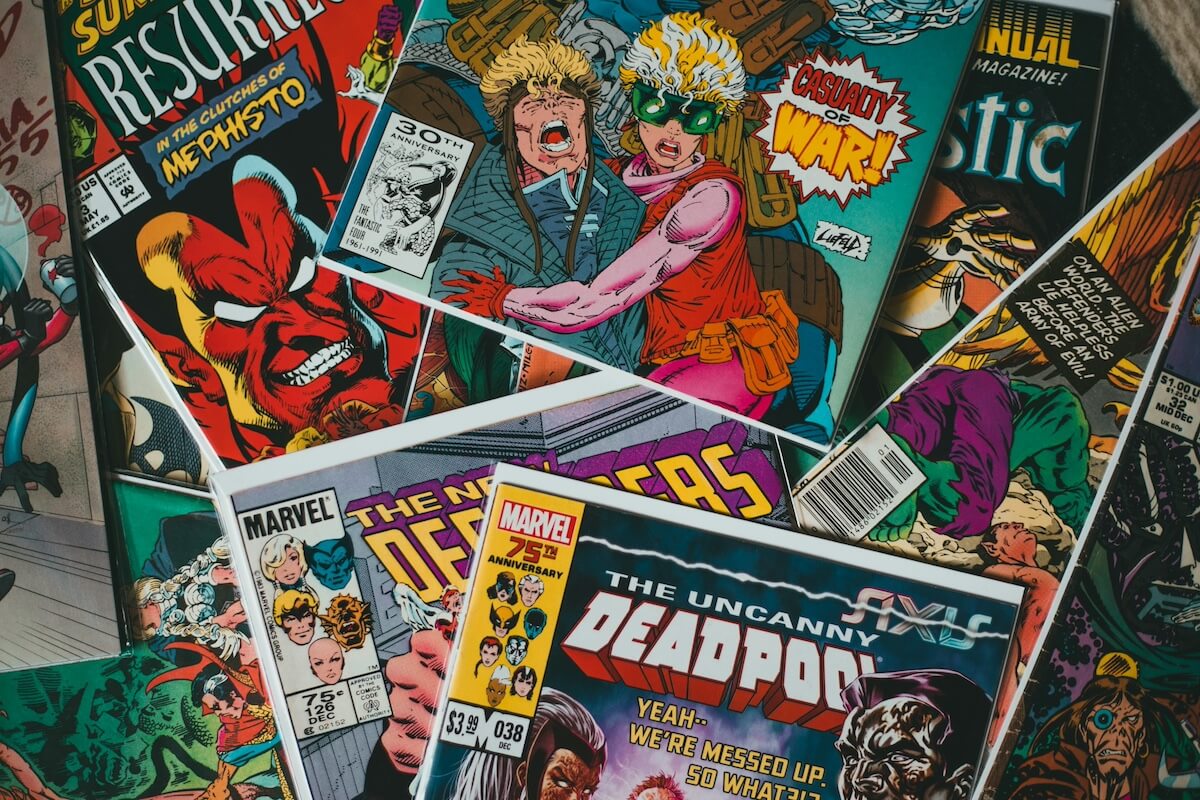
The first African American character in the Peanuts comic strip was Franklin. He was introduced on July 31, 1968 by Charles M. Schulz, the creator of Peanuts, after receiving a letter from a Los Angeles schoolteacher named Harriet Glickman, who urged him to add a black character to the strip.
Franklin was a friend of Charlie Brown, Peppermint Patty, and Marcie, and he often quoted the Old Testament and had no anxieties or obsessions. He also appeared in several animated films and television specials, where he showed his skills in dancing and music.
Backlash for adding Franklin – the first african american
Yes, Schulz did face some backlash for adding Franklin to the strip. Some newspapers refused to publish the strips that featured Franklin. Schulz also received some angry letters from readers who did not approve of a black character in Peanuts. He also had to stand up to the network executives who were reluctant to include Franklin in the 1973 animated special. Which was titled A Charlie Brown Thanksgiving. Becaus they were fearing that it would cause controversy in the South. He reportedly said, “Either you run it the way I drew it, or I quit.”
Schulz was not a racist, but rather a progressive and compassionate person who wanted to promote racial harmony and equality. Which he did through his comic strip that was much appreciated by ComicArtVille. He was inspired by a letter from Harriet Glickman. A schoolteacher who urged him to add a black character to Peanuts after the assassination of Martin Luther King Jr. in 1968. Schulz consulted with several black friends and colleagues before creating Franklin. As he wanted to make him a normal kid who was part of the gang. He also avoided stereotyping or patronizing Franklin, and gave him a personality that was calm, wise, and friendly.
Readers reactions
The reaction of readers to Franklin’s inclusion in Peanuts was mixed. Some readers were supportive and appreciative of Schulz’s decision to add a black character to the comic strip. They also praised him for his courage and sensitivity. However, some readers were hostile and angry. Which ended up with them accusing Schulz of being a racist, a communist, or a traitor. Some newspapers also refused to publish the strips that featured Franklin, and Schulz had to deal with some censorship and pressure from the editors and the network executives.
It is unfortunate that Schulz faced such backlash for introducing Franklin to Peanuts. As he was trying to do something positive and progressive for his comic strip and his audience. He wanted to reflect the reality of the changing society and the diversity of his readers, and he wanted to promote racial harmony and equality through his art.
Awards received by Schulz
Schulz received many awards for his work on Peanuts. Some of the awards he won are:
- The National Cartoonists Society’s Humor Comic Strip Award in 1962 for Peanuts
- The Society’s Elzie Segar Award in 1980
- The Society’s Reuben Award for 1955 and 1964 (he was the first cartoonist to receive the honor twice)
- The Society’s Milton Caniff Lifetime Achievement Award in 1999
- The NASA Exceptional Public Achievement Medal in 2023 (posthumously awarded to his widow Jean Schulz for extending the legacy and vision of her late husband by building upon the partnership between Peanuts Worldwide and NASA)
These awards show that Schulz was widely recognized and respected for his contribution to the comic industry and the society. He was one of the most influential cartoonists in history, and his comic strip Peanuts has inspired and entertained millions of people around the world.



